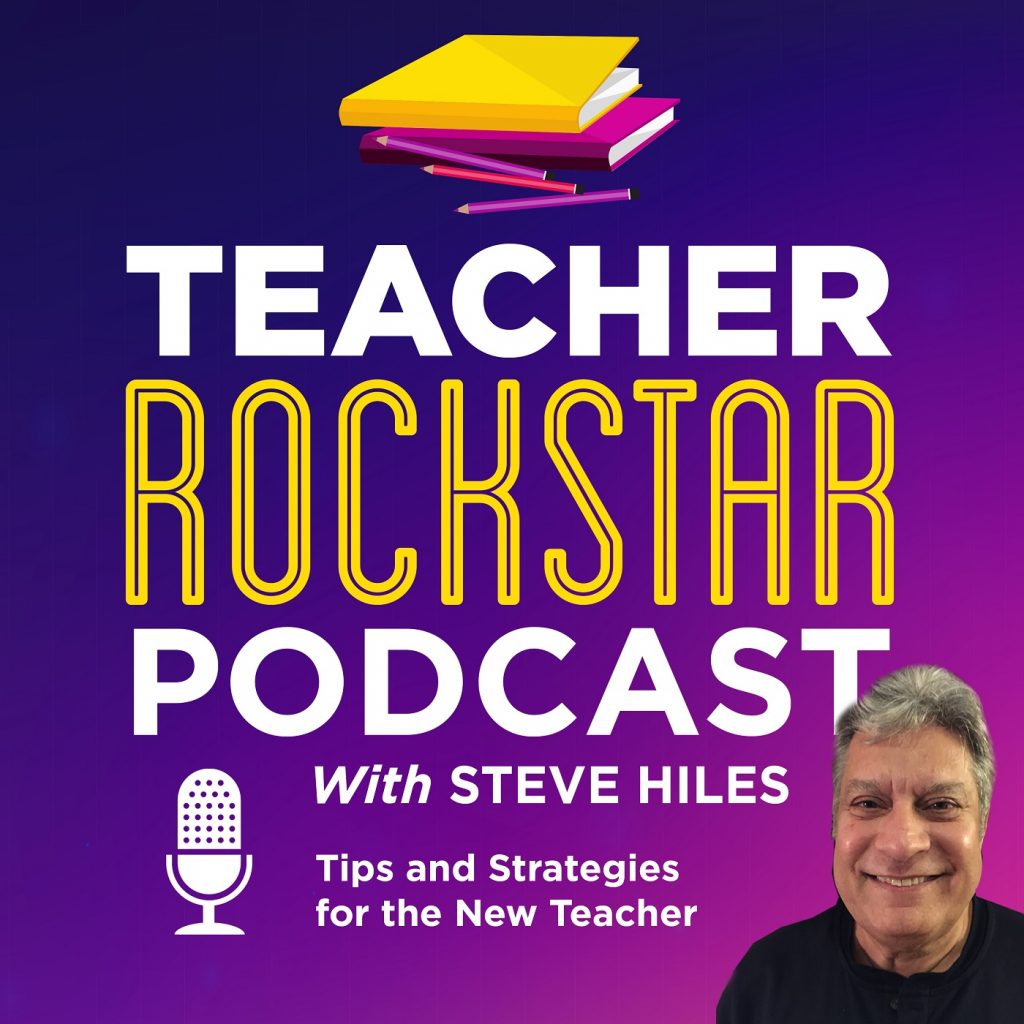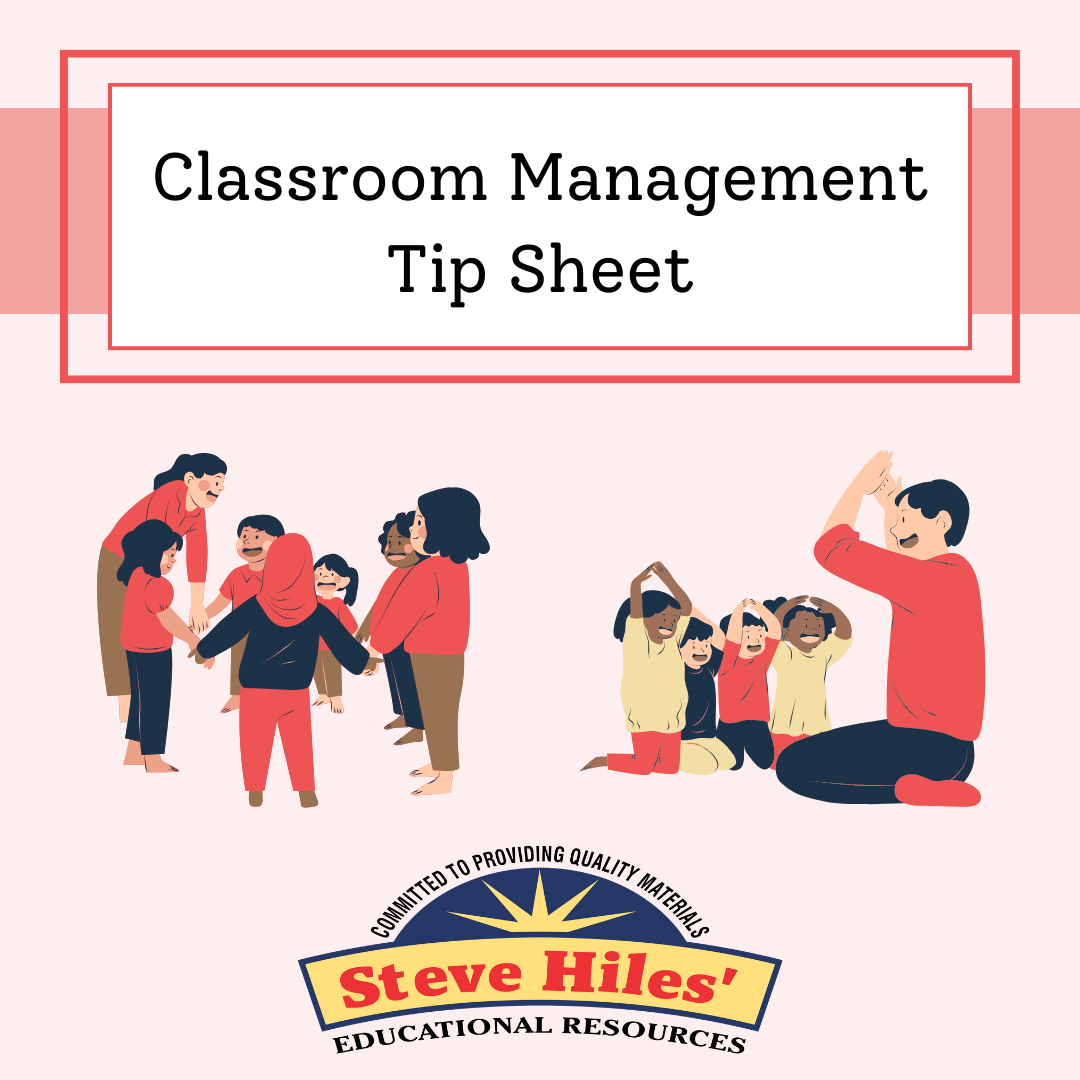Preparing the next generation of educators should be more than just a box to check. Too often, student teachers are tossed into classrooms with minimal support, limited authority, and zero compensation. And then we wonder why so many of them leave the profession within the first few years. If we’re serious about setting student teachers up for long-term success, it’s time to rethink how we train, support, and empower them—before they begin their first year.
Let’s start by addressing one of the biggest issues: the lack of paid internships. Imagine a student teacher working full-time in a classroom while also juggling part-time jobs just to stay afloat. It’s unsustainable—and unnecessary. A better model would include a paid internship lasting one to two years, where the student teacher works alongside a mentor teacher, gradually taking on more responsibility. This longer timeline allows them to build confidence, refine their classroom management strategies, and truly understand the daily demands of teaching.
These internships should not look like glorified observation hours. Instead, student teachers should have more say in the classroom—designing lessons, leading small groups, managing classroom routines, and handling real behavior challenges. By giving them genuine decision-making power, we help them develop their professional voice and classroom presence. Their mentor teacher should act as a coach, not a supervisor, offering feedback and guidance rather than strict oversight.

Another important piece? Ongoing training in real-world strategies. That’s where programs like my Teacher RockStar Academy come in. This course is specifically designed to equip new and aspiring teachers with the tools they really need—classroom management strategies, how to build relationships, set routines, and deal with common behavior issues—all the things you wish someone had taught you before day one.
We also need to do a better job of helping student teachers understand school culture and build relationships with students, parents, and colleagues. Encourage them to attend faculty meetings, participate in IEP conferences, and collaborate on school events. The earlier they feel like a valued part of the school community, the better.
Lastly, we should provide access to coaching and mentoring beyond the internship period. The reality is, even after graduation, many new teachers still feel overwhelmed. A strong mentorship network and continuous access to resources like the Teacher RockStar Academy can make all the difference in helping new educators move from surviving to thriving.
Bottom line? If we want student teachers to succeed, we must treat their preparation as a serious investment—not just in them, but in the future of education itself. Let’s pay them, empower them, coach them, and give them the tools they need to walk into their first classroom with confidence and purpose.
Because when we invest in teachers early, everybody wins.







